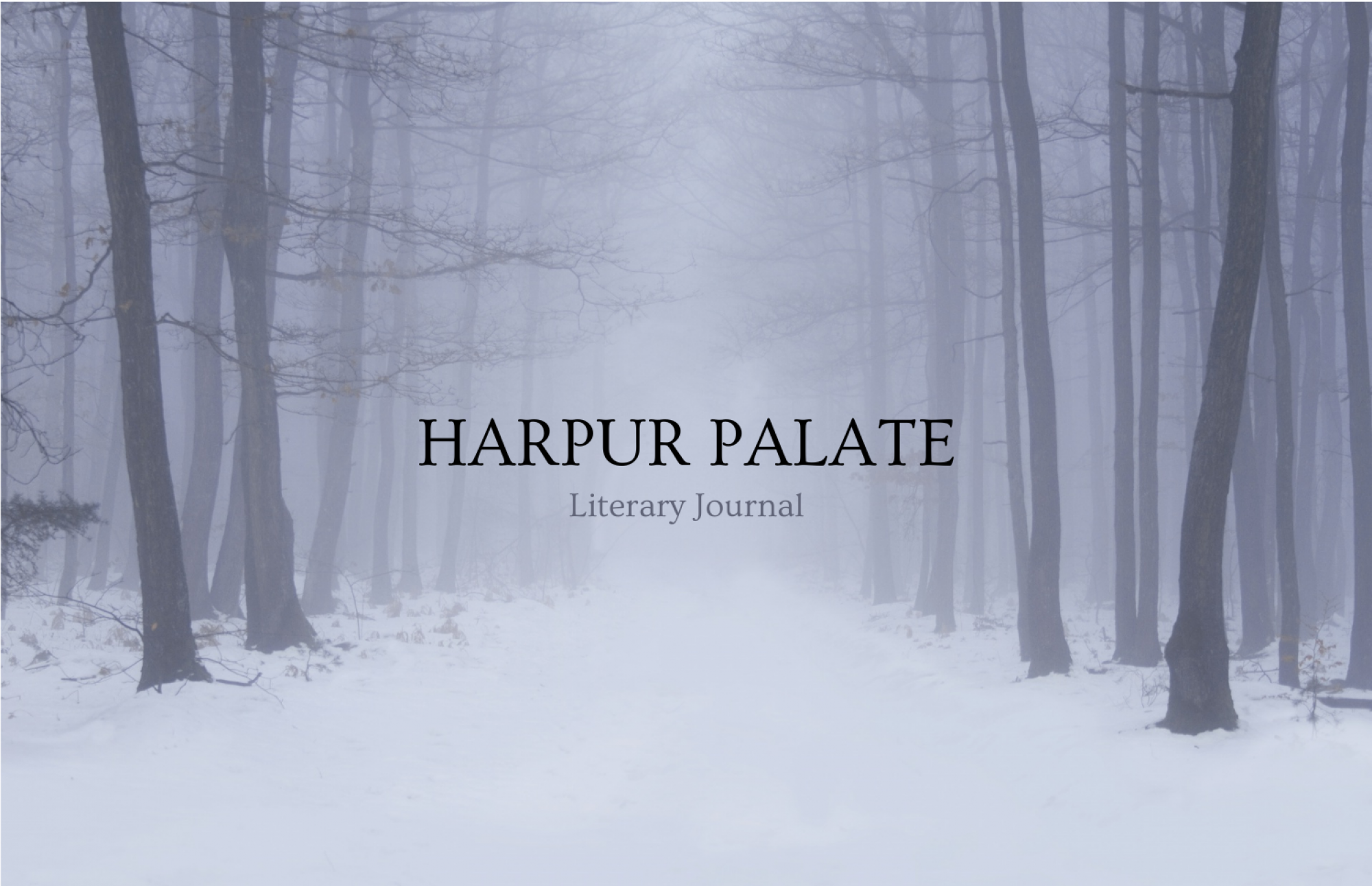Sweet Crabapple
The goose came frozen and took three days
to defrost, and the recipe for chestnut dressing
called for chopped celery and grated onion
and bread crumbs and raisins and salt
and pepper and plenty of butter and parsley,
and rather than worry about you and the argument
we were tending to that evening, I kept
to the kitchen and kept to the cooking, grating
and chopping and doing whatever else was needed
for our New Year’s fete as the goose, unstuffed
and upside down, roasted in the oven, dropping
loud sizzles of fat and burning blood against
the roasting pan, and you hid in the bedroom all
night as if we were new roommates who didn’t
particularly care for each other’s company.
Earlier that same evening, we had quarreled again
about children, about the prospect of ever
having them, and in a moment of anger you
hurled a bottle of prenatal vitamins
against a living room wall with such force
that the cap had busted off, scattering
pills across the old beams of oak flooring,
accompanied by a sound not unlike
the shattering of some heavy piece
of dishware–a porcelain tureen perhaps.
Without saying another word, we had both dropped
to our knees and started in on the work of
gathering all of those forlorn capsules.
Recalling this all now, I can’t help but
think of sloughed off milk teeth we will never
tend to, of children we will never raise to-
gether, and even though it was below
zero that night in Indianapolis,
I like to imagine that there was warmth
and joy in us and that after our feast, we
took our dog for a walk down the alley
we always walked admiring the line of sweet
crabapple at the end of that narrow lane,
our favorite trees in the neighborhood,
we often said, but only in spring,
only when those blossoms flowered
so fiercely it looked as if brushfires had
taken up residence in the branches.
*
Thomas Maya is a Colombian-American writer of poetry and prose. His prose was recently recognized as a finalist for Passages North‘s 2020 Waasnode Short Fiction Prize and can be found at PANK Magazine. He is at work on a first novel—when not writing fiction, he is intent on learning how to be a better human being by reading and writing poetry.
